“You’re just the kind of guy we’re looking for – the job’s yours”. And with that, my entry into the world of office work began. The guy sat opposite me seemed fun, wore a sharp grey suit and crucially, had his feet up on the desk. I’m thinking this is the place for me. To be fair, many of my school mates were already working there, so I’d got a heads up. Late to the party after an important year in the sixth form, making absolutely sure that academia wasn’t my thing, I was now headed for easy work, £4,500 per annum and £20 per month of Luncheon Vouchers. It was 1989.
I worked for NPI in various guises for four years and in that time, not a single person made the observation that the firm did everything. We had direct sales, intermediated sales, new business admin, product admin, investment managers, dealing settlement, the list goes on. It was just business as usual. Our competitors did the same thing and, in many cases, more aggressively.
We didn’t know it but even back then, the tide was turning. Product providers were steadily closing down their sales forces and an increasing number of liberated salespeople were setting up as financial advisers. With little or no qualification requirements, the ability to sell was the greatest prize. The IFA market grew steadily through the ninety’s and by the turn of the millennium, Cofunds and Transact were born and Equitable Life died.
In the twenty years that followed, traditional Product Providers were the subject of significant M&A activity, platforms went from strength to strength, the Credit Crunch almost sank the entire ship and regulation did little to slow down the IFA business model. At the same time, an execution only business and a hybrid product provider that looks a bit like a financial adviser, became FTSE 100 companies.
And in the last decade, we have seen consolidation in the IFA space, as private equity funds have allowed business owners to capitalise their efforts and retire. Favouring a vertically integrated business model, the early consolidators captured value throughout the supply chain with advisers, investment management, platform, custody and in some cases asset management, all delivered under one roof. Hard to build and even harder to get out of if you’re a client, these firms captured market share with relatively modest private equity investments.
Fast forward to today and we have three interesting things going on at once. We have a regulator with a thirst for information on all things M&A (see changes to change of control process), driven in no small part by a more refined understanding of the tension created by a vertically integrated business that acquires non-vertically integrated businesses. We also have mid-market private equity money coming in (smaller funds closing out their early investment’s, bigger opportunities, capital looking for steady income etc) and the aftereffects of the Pandemic (business owners looking to bring forward their exit, after a period of reflection in 2020).
The number of Consolidators is growing and deal flow with it. Business models are changing as well. A bit of vertical integration, sure, but not as aggressive as before. Dial it down, play the long game, buy and hold, gently dial up revenue, rationalise headcount over time, no mad panic. That seems to be the message. There’s also a trend towards established Consolidators re-branding as financial advisers first, acquirers of businesses second.
So have we gone full circle? Are today’s Consolidators becoming the Product Providers of the eighties and nineties? I think that’s looking increasingly likely. There are some huge chunks of capital now sat ready to be deployed and a significant number of business owners lining up to retire. The market for financial advice seems likely to be dominated by some huge firms in the future, an outcome many IFA owners long suspected the regulator favoured.
